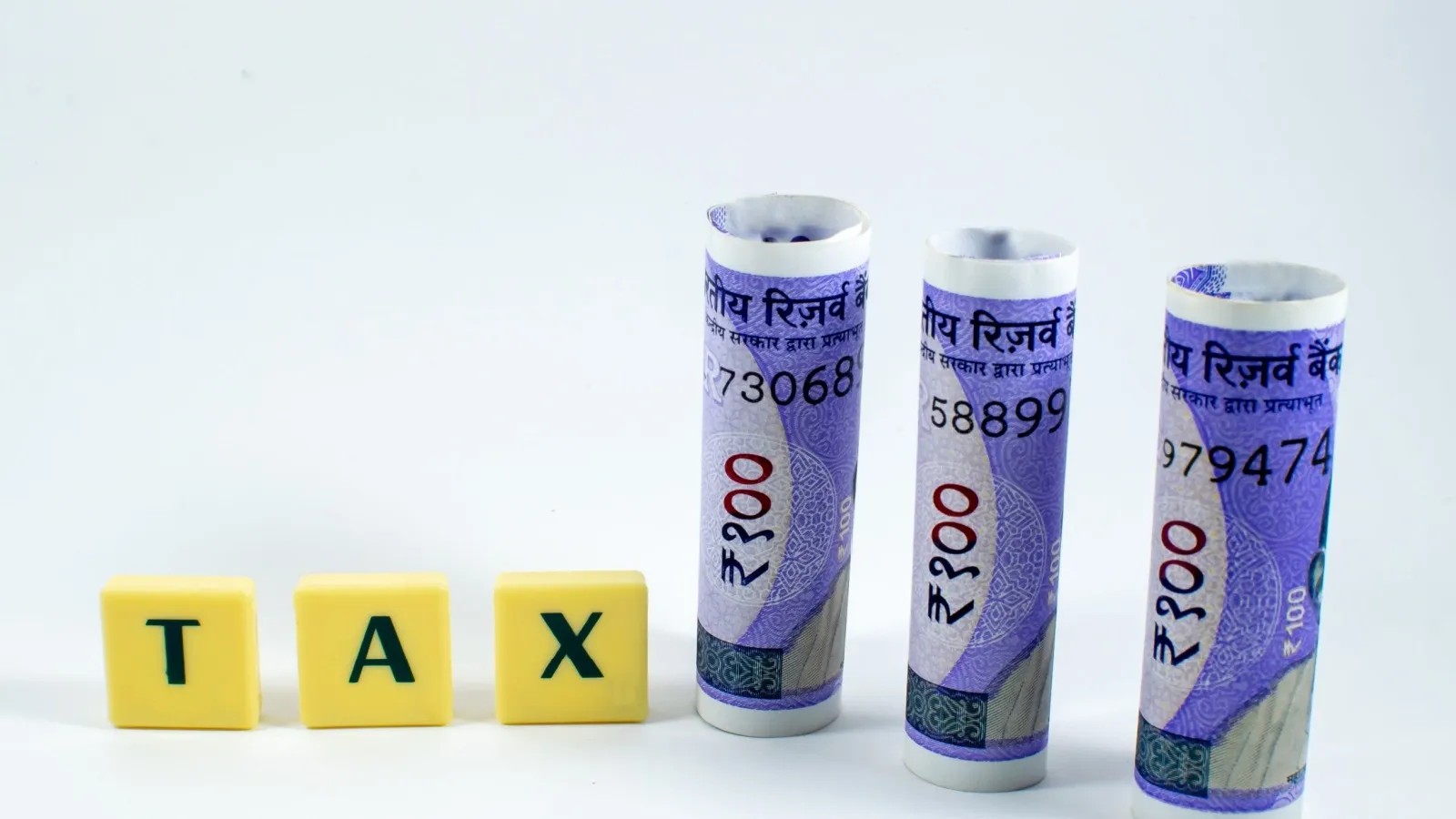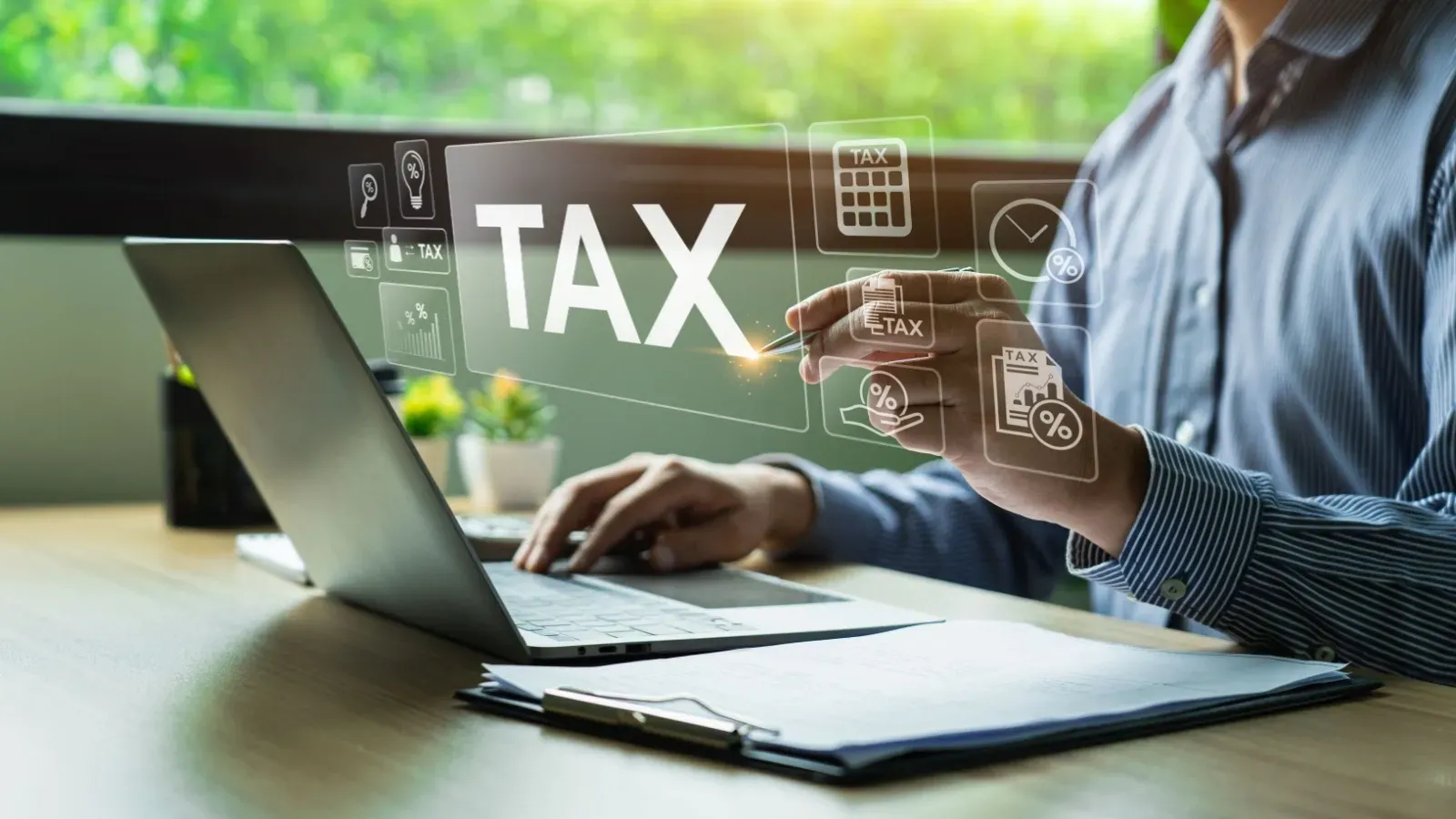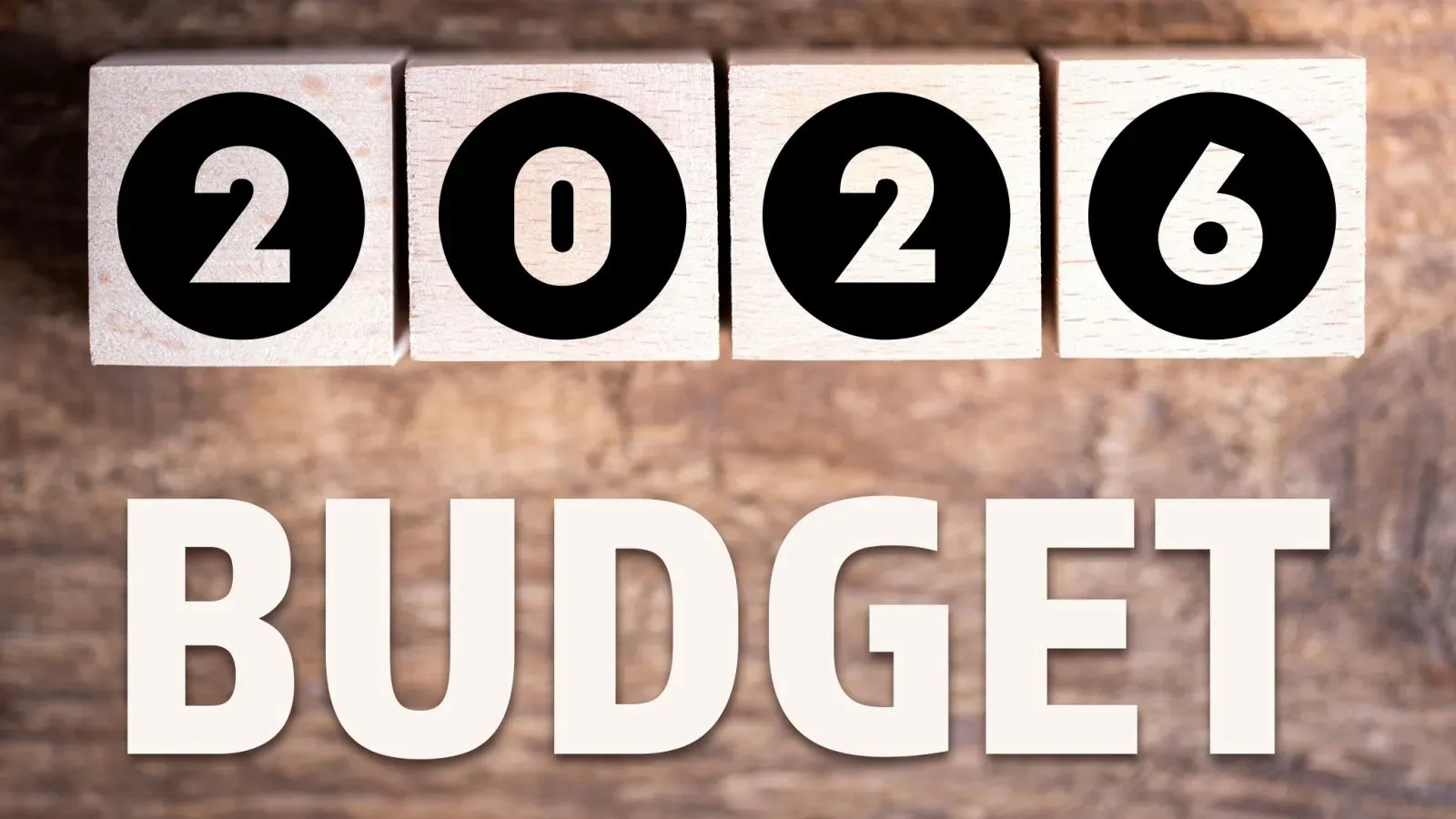Personal Finance News
Income Tax Bill 2025: Equal tax relief on pensions is a win for all savers. Here's why

3 min read | Updated on August 12, 2025, 13:20 IST
SUMMARY
The full amount of a commuted pension will now qualify for a full tax deduction, according to the newly revised Income Tax Bill 2025. This applies to people who get pensions from specific funds,

The revised bill has incorporated most of the changes suggested by the Select Committee of the Parliament and other stakeholders.
Originally, salaried employees enjoyed a full tax exemption on commuted pensions, while non-employees—such as independent professionals or private sector workers without a company pension plan—were taxed at regular rates. The new bill rectifies this inequity by extending the same tax relief to all individuals who have invested in an approved pension scheme, thereby promoting long-term savings and ensuring fairer tax treatment for everyone.
“Under the previous Income-tax Bill, commuted pensions for non-salaried individuals were taxed at regular slab rates, while salaried employees benefited from full tax exemption. This created an unequal tax burden for those investing in approved pension funds like LIC but not employed in formal pension schemes," said Archit Gupta, Founder & CEO, ClearTax.
"The Income Tax Bill 2025 addresses this by granting full tax exemption on the entire commuted pension for individuals receiving payments from approved pension schemes like LIC Pension Fund, regardless of employment status. This change ensures that private sector employees or anyone who has independently invested in a pension fund now receives the same tax relief as salaried employees," he added.
This deduction was not explicitly included in the original proposal for commuted pensions paid to "non-employees." The purpose of this change was to address that. Under "Income from Other Sources," the Lok Sabha Select Committee recommended that these individuals be entitled for a deduction similar to what is offered to employees.
Who are "Non-Employees"?
The term "non-employees" can be used to describe a variety of individuals, such as:
-
Private sector workers whose employers do not provide a pension plan but who have made independent investments in an approved pension fund.
-
Individuals who get a commuted pension but do not have an employer-employee relationship with the business that created the pension plan, such as nominees, independent contractors, or legal heirs.
By eliminating the tax burden on non-employees' commuted pensions, the new tax measure is a step in the right direction, promoting long-term savings and guaranteeing more equitable treatment for all retirement savers.
"This is a positive step forward for individuals outside the employment sector who’ve been saving for retirement. It removes the tax burden on commuted pensions, making it easier for more people to invest in pension schemes and secure their future. This move will encourage long-term savings while ensuring fairer tax treatment for all," said Gupta.
Related News
By signing up you agree to Upstox’s Terms & Conditions
About The Author
Next Story




